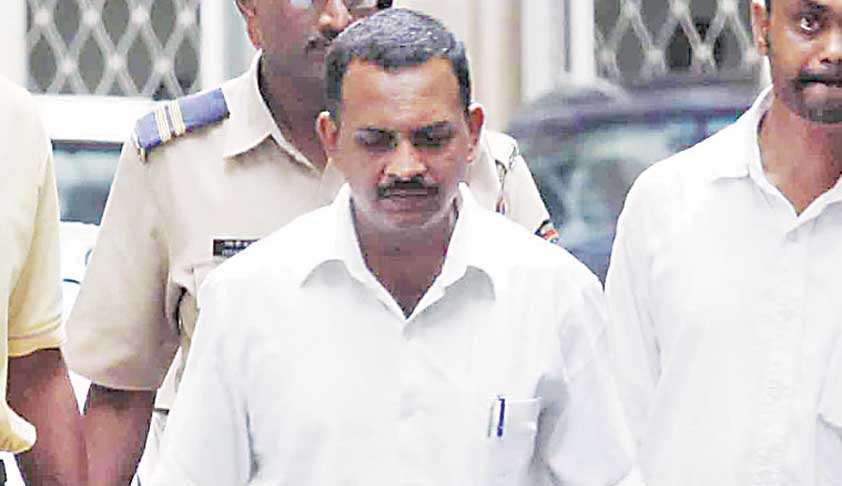2008 Malegaon Blast Case: SC Notice To NIA, M’rashtra Govt On Col. Purohit’s Plea To Quash Charges Under UAPA
Prabhati Nayak Mishra
29 Jan 2018 1:31 PM IST

Next Story
29 Jan 2018 1:31 PM IST
The Supreme Court Bench of Justice RK Agrawal and Justice AM Sapre has issued notice to the National Investigation Agency (NIA) and the Maharashtra government within 4 weeks seeking response on a plea by Lieutenant Colonel Shrikant Prasad Purohit seeking quashing of charges under the Unlawful Activities Prevention Act (UAPA) in the 2008 Malegaon blast case.Lt. Col. Purohit has challenged...
